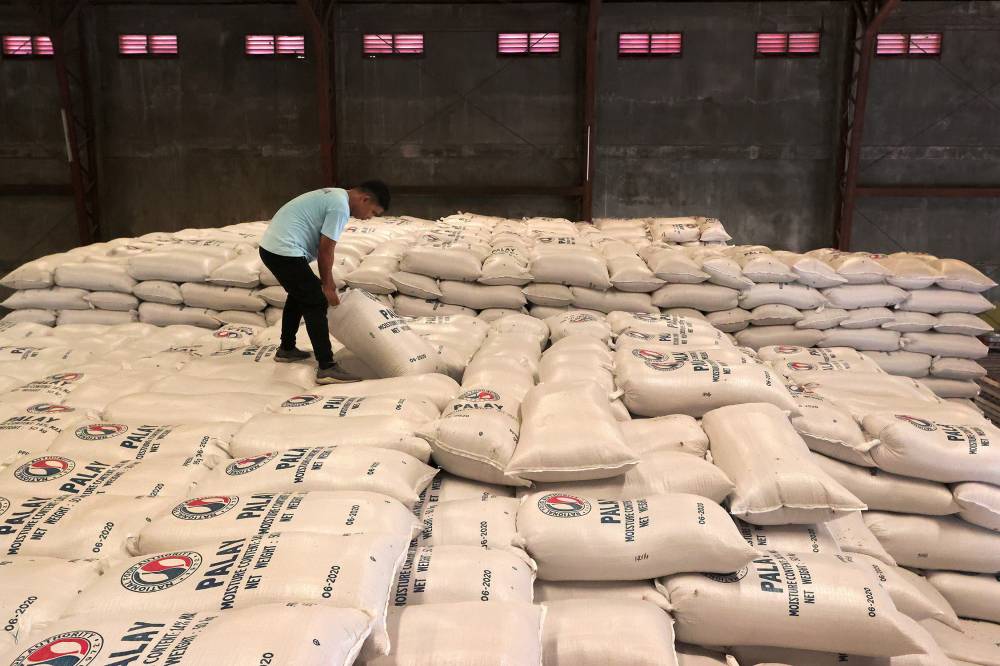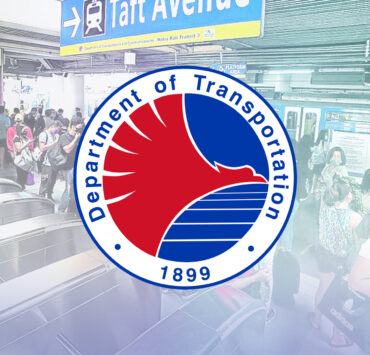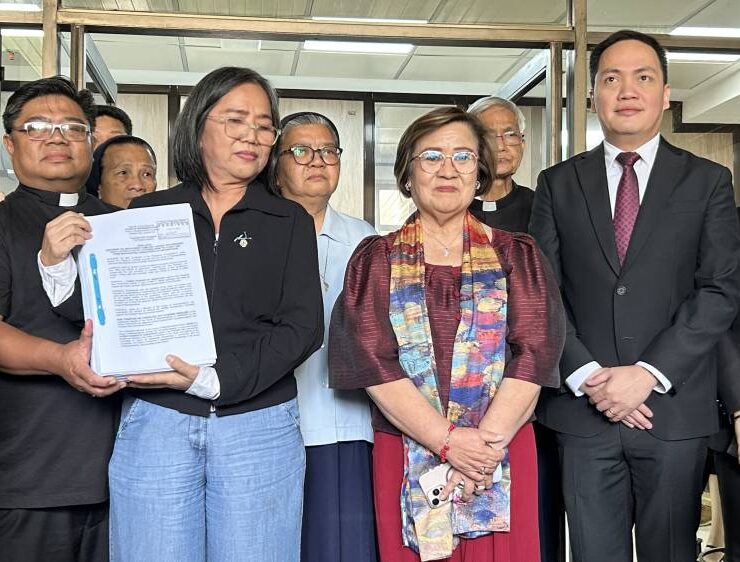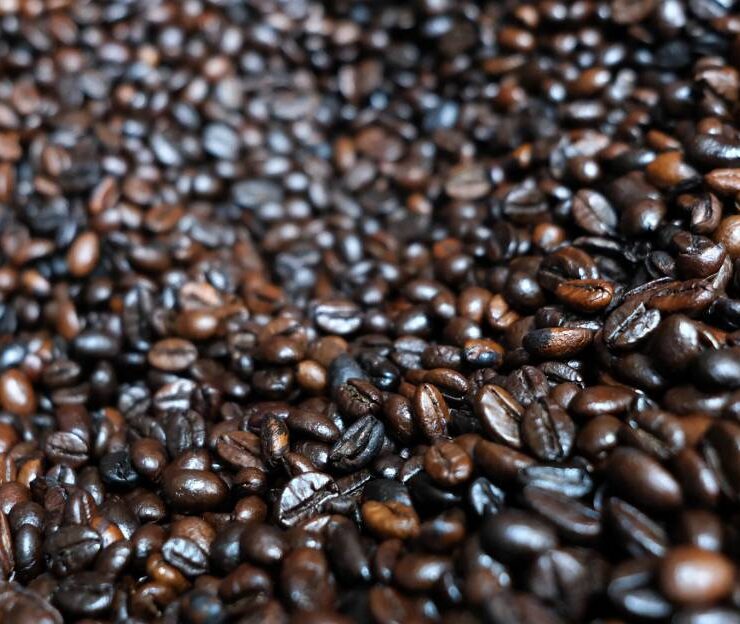Big retail chains asked to sell cheap NFA rice

The Department of Agriculture (DA) plans to partner with major retail chains to sell cheaper rice at supermarkets and convenience stores nationwide, starting with Metro Manila.
In a statement on Thursday, Agriculture Secretary Francisco Tiu Laurel Jr. said the agency had met with representatives from supermarkets, groceries and convenience stores to discuss this proposal.
The agency said the network of more than 3,200 retail outlets, including SM, Robinsons, 7-Eleven, Puregold and MerryMart, was crucial in stabilizing the retail prices of this Filipino staple.
“This is a solution that we believe will stabilize rice prices faster and more efficiently,” Tiu Laurel said. “But we need to find the right balance to operationalize this properly and secure everyone’s cooperation.”
Once launched, this program will first be implemented in the metropolis and monitored for several months before expanding to other regions facing similar challenges.
This initiative will offer aging stocks from the National Food Authority (NFA) via its P29-per-kilo rice program, which sells quality rice to vulnerable sectors such as senior citizens, persons with disabilities, solo parents and indigents.
Broken grains
Another component of this initiative is the sale of various rice grades, including the 5-percent-broken variety, 25-percent-broken variety, 100-percent-broken variety and Sulit Rice. Broken rice refers to rice grains that are fragmented or broken during processing such as milling.
Food Terminal Inc., a government-controlled corporation, will handle the supply and packaging of rice distributed to participating retail chains.
“By collaborating with retail networks, the DA aims to make a long-term impact on stabilizing rice prices nationwide, especially in urban areas where fluctuations are more pronounced,” it added.
Earlier, the DA urged retailers to comply with the maximum suggested retail prices (MSRP) for rice, set at P58 per kilogram, so that consumers could purchase the staple at reasonable prices.
The agency reported earlier that most vendors have complied with the MSRP, although some retailers were still selling the commodity above the MSRP, based on their monitoring.
Agriculture Assistant Secretary Genevieve Velicaria-Guevarra said some sellers were offering branded rice produced locally for P60 to P65 per kg, although the MSRP does not apply to local products.
“Relatively, prices are already going down, and they are complying with our directives. However, these brands reportedly acquired their stocks at a higher cost, so they are just selling off their remaining inventory before complying with the P58 MSRP,” Guevarra said.
The DA said that although no penalties would be imposed yet, recommended retail prices would be strictly enforced once the rules are issued next month.
The MSRP for imported rice took effect on Jan. 20.
The DA had implied the MSRP may be lowered in the coming weeks depending on the developments in the global market.
The agency had warned that it would recommend price controls and ceilings, which could impose fines of up to P1 million on violators, if the MSRP still fails to lower retail rice prices.





















